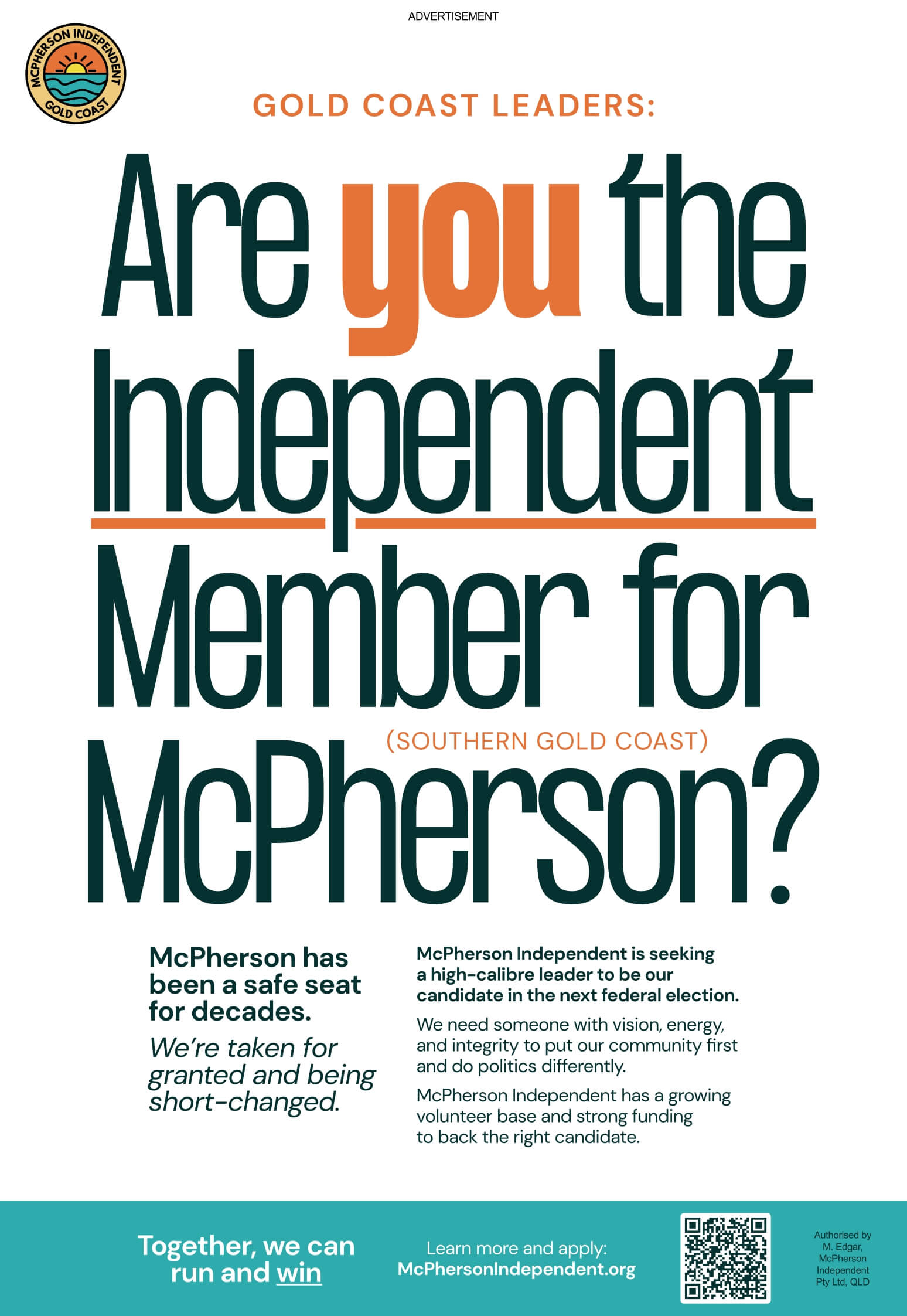Seoul, Feb 4 (IANS) The industry ministry said on Tuesday it will invest 1.18 trillion won ($809.3 million) this year to develop advanced technologies for materials and parts, a move aimed at enhancing the global competitiveness of major industries, such as semiconductors, rechargeable batteries and biopharmaceuticals.
The amount marks a 3.2 per cent increase from the corresponding tally for last year, according to the Ministry of Trade, Industry and Energy.
In detail, the ministry will funnel 136.1 billion won into developing materials and parts for the chip industry, 101.9 billion won for the display industry, 100.9 billion won for the rechargeable battery industry and 102.8 billion won for the biopharmaceutical industry, reports Yonhap news agency.
Another 305.3 billion won will be injected into developing advanced and eco-friendly materials and parts for machinery and metal companies, 111.3 billion won for chemicals firms and 89 billion won for automotive companies.
The ministry will also invest 62.8 billion won and 20 billion won in developing materials and parts to promote the aerospace and hydrogen industries, respectively.
The budget for research and development (R&D) projects will be expanded by 71.3 per cent on-year to 131.2 billion won this year to stabilise the supply chain of materials, parts and equipment, the ministry said.
The ministry will also spend 302.7 billion won to facilitate private investment in technology development projects.
Meanwhile, South Korea exported a record $14.9 billion worth of products from its free trade zones (FTZs) last year on strong global demand for automobiles, ships and semiconductors, the industry ministry said on Tuesday.
The combined outbound shipments from 13 FTZs across the country jumped 22.5 percent from $12.1 billion in 2023 to reach an all-time high, according to the Ministry of Trade, Industry and Energy.
It also marked the fourth consecutive year the figure exceeded $10 billion.
South Korea has seven industrial complex type FTZs in Masan, Gunsan, Ulsan and other areas, and six airport and seaport type zones, including those located near Incheon International Airport, the main gateway to Seoul, and seaports in the southeastern cities of Busan and Pohang.
FTZs are special economic zones where various tax and tariff benefits are provided to guarantee more freedom in manufacturing, logistics and trade.
—IANS
na/









